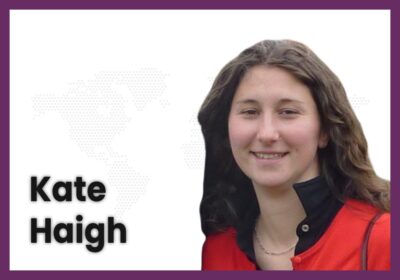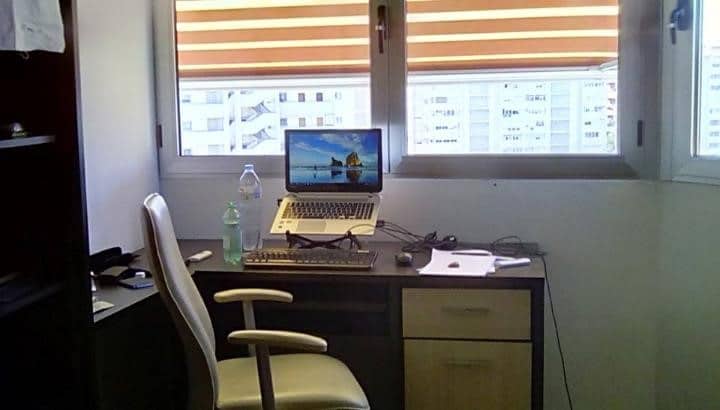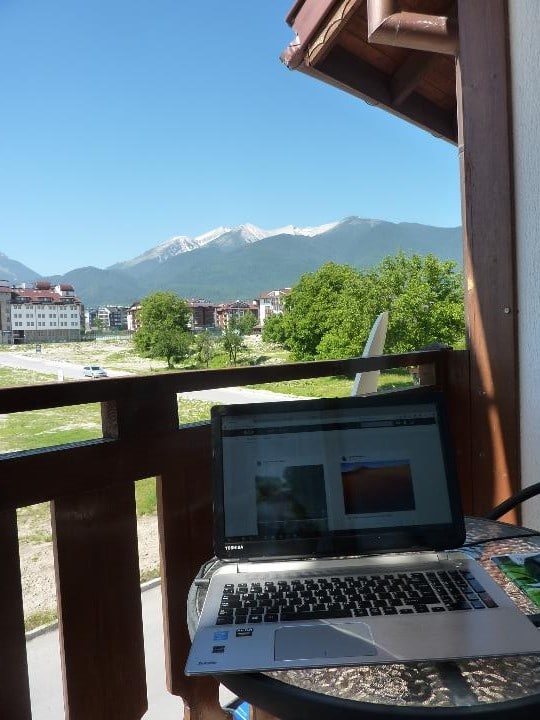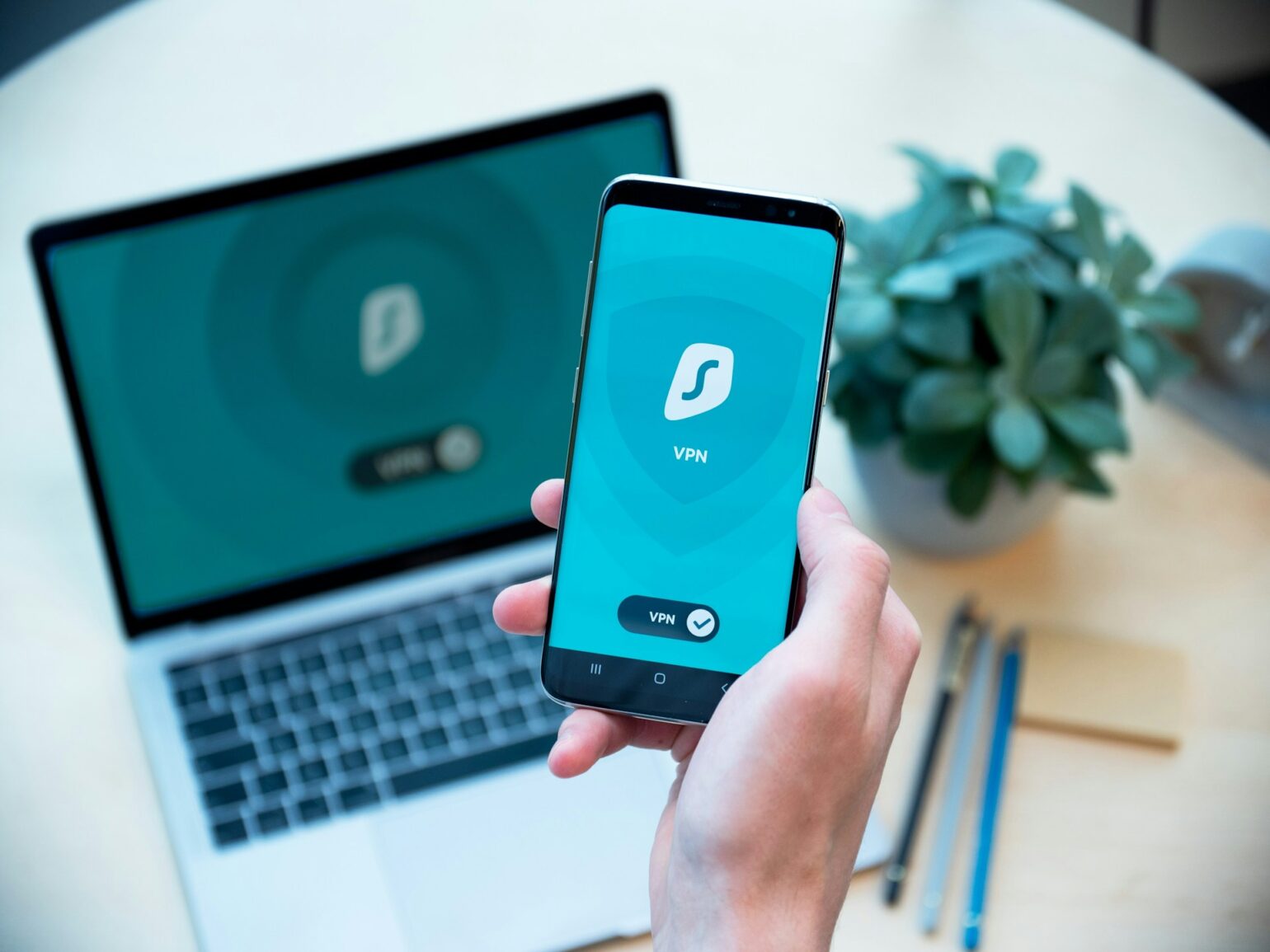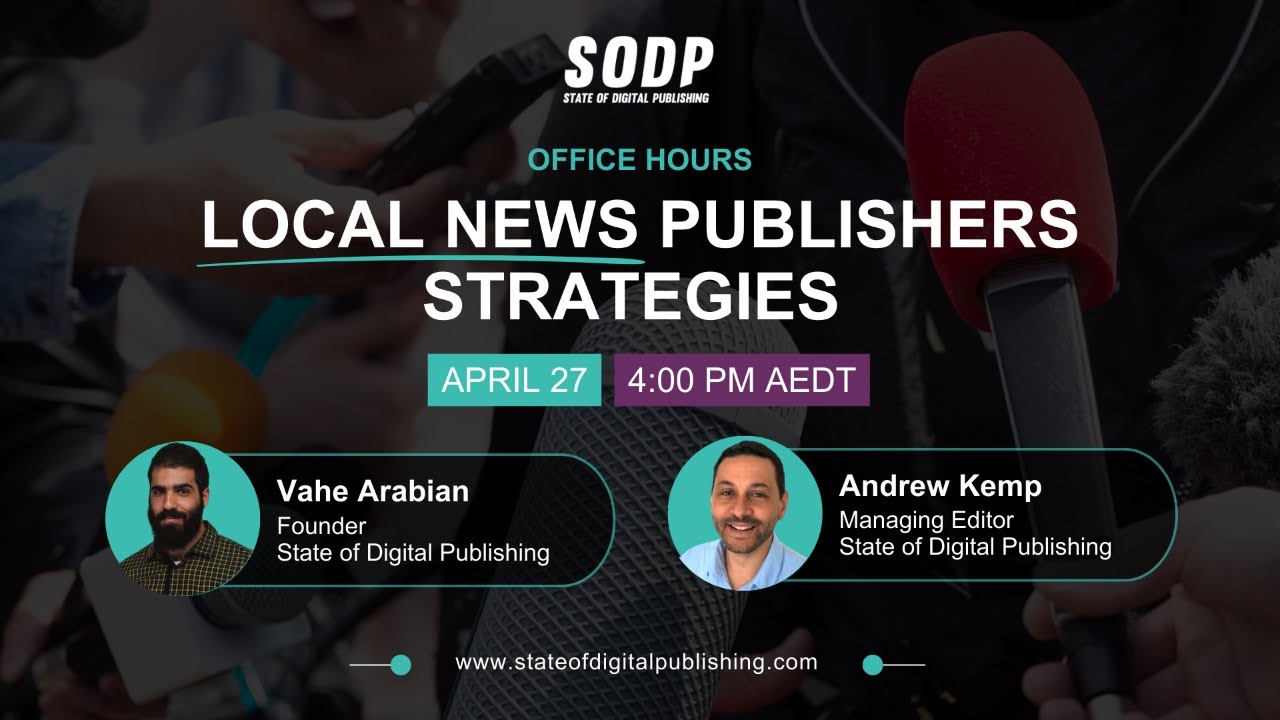Qualified proofreader and copy-editor with more than 6 years’ freelance experience working for book and magazine publishers, charities, businesses, independent authors, academics and postgraduate students.
What led you to start working in digital/media publishing?
I always thought I wanted to be a journalist and though I got onto a course to enable that to happen, I changed my mind and went off travelling instead. When I returned to the UK, I sort of fell into proofreading and editing, first working at a non-publishing company but editing and proofreading their company reports and online content. I then applied for a job at a magazine publishing company and loved the job but the company wasn’t quite to my liking so I didn’t stay that long. I then went into finance and then the public sector, but the latter was specifically to give me flexible work so I could do a distance proofreading course to set myself up as a freelance proofreader and editor. Kateproof proofreading and copy-editing services was born in 2010 and since then, most of my work has been digital – I’ve had a few in-house freelance jobs and done a few hard-copy projects over the years but I can count those on one hand compared with hundreds of projects done purely digitally.
What does a typical day look like for you?
What I love about my job is that days rarely look the same, unless I am working on a big project. Generally, I find I can only really concentrate on full-on editing or proofreading for about 4 or 5 hours per day and I work best in the mornings so I get up at about 7 am and work from 8 am until 12 or 1 pm, then have lunch, then if necessary do admin, marketing, accounts etc. in the afternoon. If a project is on a tight deadline and I have to work in the afternoon, I tend to do blocks of two hours after lunch with decent breaks to keep my eyes and brain fresh.
What’s your work setup look like?

I am now a digital nomad (a term I’m not that keen on but seems to be understood so I stick with it) so my most important items relate to making my work setup as comfortable as possible wherever I am. This includes using a Roost laptop stand and external keyboard and mouse – this turns a laptop into more of a desktop setup. I have a blog series about taking my proofreading service on the road with loads more detail on this. Other than that, I use PerfectIt, which is a really user-friendly bit of software that helps with consistency checks, and I also use a few macros to help pick up on general elements in the file. Not only do these save a bit of time but more importantly they help me pick up on errors and issues that I might not always spot and thereby improve my work. After all, us editors and proofreaders are only human and can’t guarantee perfection – if technology can help, I believe we should be embracing it.
What do you do or go to get inspired?
Now that I am travelling and working, I find inspiration in many places. If I find I can’t concentrate, I can go on a walk and explore somewhere new and that tends to work a treat. I also find that by travelling, I encounter many other languages and see connections to English or learn something new and that inspires me and my love of language on an almost daily basis.
What’s your favorite piece of writing or quote?
Gosh, that’s something I’ve never really thought about. Is it too corny to say the text on my passport that allows me to travel the world?!
What is the passionate problem you are tackling at the moment?
How to deal with 100% humidity?! In all seriousness, I am on holiday as I type this but when I get back to work, I’ll be working on some fiction for one of my regular author clients and I love helping him get the best possible manuscript ready for publication.
Is there a product, solution, or tool that you think is a good match for your digital publishing efforts?
As mentioned before, I think that PerfectIt and other macros really enhance my work, and highlight the benefits of digital development in the publishing world. None of the digital tools can replace proofreaders and editors (yet?) but they really help and make on-screen work much more efficient.
Content from our partners
Any advice for ambitious digital publishing and media professionals just starting out?
I think in this competitive industry, it’s good to look beyond working purely for publishers. Work can come from many sources and many countries so be open to all possibilities as this will help ensure a varied work life and a more resilient client base.


